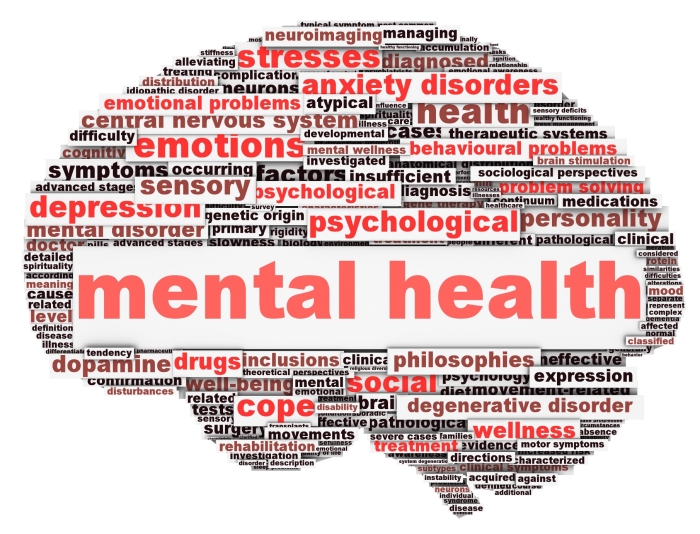Mental Health Awareness Week, which concluded this past Sunday, provided a week’s worth of lectures and programs designed to spread awareness about mental health options on campus, as well as to help the community at large learn how to support loved ones who suffer with mental illness.The movement focused on eliminating the stigma that surrounds mental health. It is a movement that is, at its core, created with the purpose of helping people. But with many movements stems a blanket agenda for ‘fixing’ people, and wherever there emerges a one-size-fits-all bandage, there too emerge people who can’t be healed by it. One instrument of helping people like me who suffer from severe mental illness, is the trigger warning (TW) in various online forums—a disclaimer put at the beginning of a post to let readers know of potential harmful topics that will be discussed.
While the overall goal of the trigger warning is positive—warning those who may be uncomfortable with certain topics that will be discussed—it has been bastardized by those of us with mental illness to hide away from our problems in a cloak of victimhood. That is not to say that it is only those of us with mental illness who are misusing trigger warnings. There is nothing more condescending and paternalistic than when someone who does not have a mental illness starts a story with a ‘thoughtful’ list of trigger warnings as a way to extoll their superior empathy towards the mentally ill community. To me, they almost always give off the same message: Trigger warning, this article contains traces of potentially scary topics that may make the lesser minded among us uncomfortable. Take care of yourself, and shield your poor, crazy eyes from the following sentences.
When the mentally ill use trigger warnings to excess, however, the entire tone of what they are attempting to discuss changes. Suddenly, a dichotomy emerges of ‘us’ against ‘them,’ the warning boldly identifying the writer as someone who is mentally ill and refuses to be hidden. While open acknowledgement of mental illness is not necessarily a bad thing, a steadfast refusal to be known by anything other than one’s illness is a form of self-imprisonment, and one that will only hinder the progress of someone with mental illness.
The worst part of the recent overuse of the trigger warnings, however, is the new stigma, it has given to people with mental illnesses. While in the past those of us with mental illness felt ostracized from the greater community as a result of being ‘different,’ this new movement has infantilized anyone struggling with mental illness. This infantilization creates a false perception that we are all severely emotionally unstable and can be ‘triggered’ into having a breakdown at the slightest mention of trauma.
Calling out ‘triggers’ is not the same as addressing them. If we truly want to end the stigma and improve the livelihoods of people with mental illness, society needs to reduce the paternalism and begin encouraging treatment and self-help. No more victimhood, no more hiding behind labels, and no more shying from our fears—mental illness is serious, but it should not, and will not, keep those of us who suffer from it from living to the fullest of our potential, uninhibited by able-minded ignorance and triggering Facebook posts.








